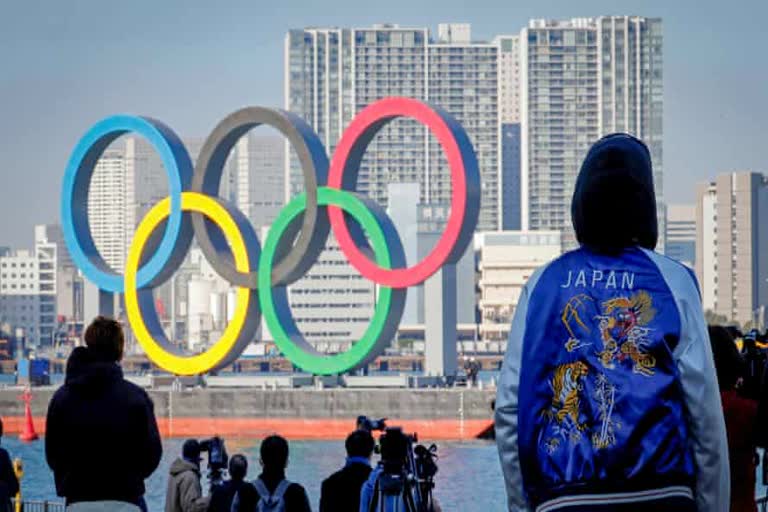Tokyo: An election in Japan's capital has left the Tokyo city assembly splintered amid worries about health risks during the Olympics, opening in three weeks, as coronavirus cases continue to rise.
In Sunday's balloting for 127 seats, Gov. Yuriko Koike's Tomin First party was elected in 31 seats, down from 46. The Liberal Democrats, the ruling party on the national level, won 33 seats, up from 25.
Public opinion surveys show about 60% of respondents want the Games cancelled or postponed again. Behind the fears is the lagging vaccination roll-out, with only about 10% of the population fully vaccinated.
The only major party clearly advocating for the Olympics to be cancelled was the Communist Party, which gained one seat for a total of 19. The opposition Democrats, who raised questions about holding the Olympics, advanced from eight seats to 15. Together they now form another solid bloc at 34.
The Liberal Democrats are promising safe and secure games. Koike and her party called for having no spectators in the stands. The organizing committee has said a decision on attendance restrictions was still being studied.
Eligible voters total 9.8 million people in the megacity with a population of nearly 14 million.
The Olympics, opening July 23, bring together 15,000 athletes and more than 50,000 officials, including corporate sponsors and dignitaries, as well as 70,000 volunteers.
Some medical experts have warned it could become a COVID-19 super-spreader event, warning that new cases in Tokyo, now totalling several hundred daily, could shoot up to thousands.
Olympic team members and officials are more likely than the Japanese public to have been fully vaccinated.
Koike became Tokyo's first woman governor in 2016 and was re-elected to another four-year term in a 2020 landslide. She took a two-week break for exhaustion and was not seen in public until Friday during a time when she would have been out routinely to stump for her party.
Also Read: EXCLUSIVE: Lacked experience in Rio, well-prepared now, says Dutee ahead of Tokyo Olympics
She is a proponent of gender equality, comparing the situation in Japan to "an iron plate," rather than "a glass ceiling."
Analysts say Koike, previously a parliamentary lawmaker, may be contemplating a return to national politics.
Parliamentary elections are expected later this year, and the Tokyo results are being closely watched as a precursor of voter sentiments. How successful the Olympics may be in keeping COVID-19 deaths under control will be key in swaying support.
PTI



